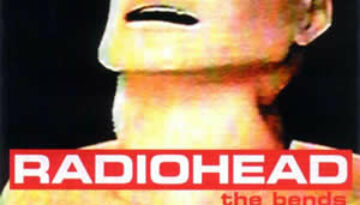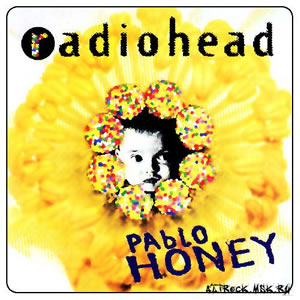The Bends by Radiohead
Buy The Bends The Bends is the classic rock coming of age album by Radiohead, for which they received critical acclaim as well as chart and commercial success. This 1995 album was at […]

Buy The Bends The Bends is the classic rock coming of age album by Radiohead, for which they received critical acclaim as well as chart and commercial success. This 1995 album was at […]

Buy Pablo Honey With their 1993 debut album, Pablo Honey, British band Radiohead was just starting to forge their interesting sound which brought them much fame later on in the decade. However, in […]